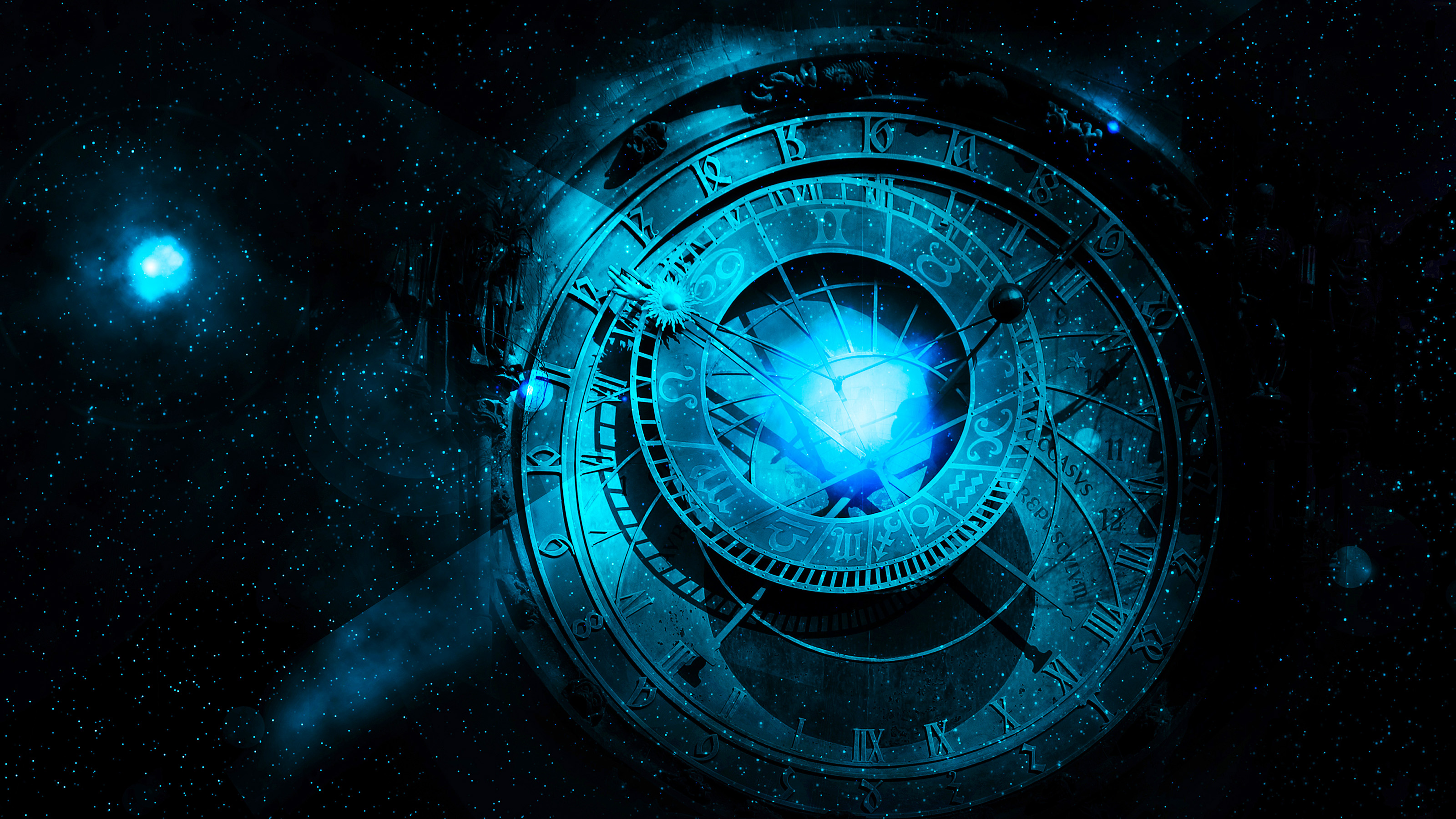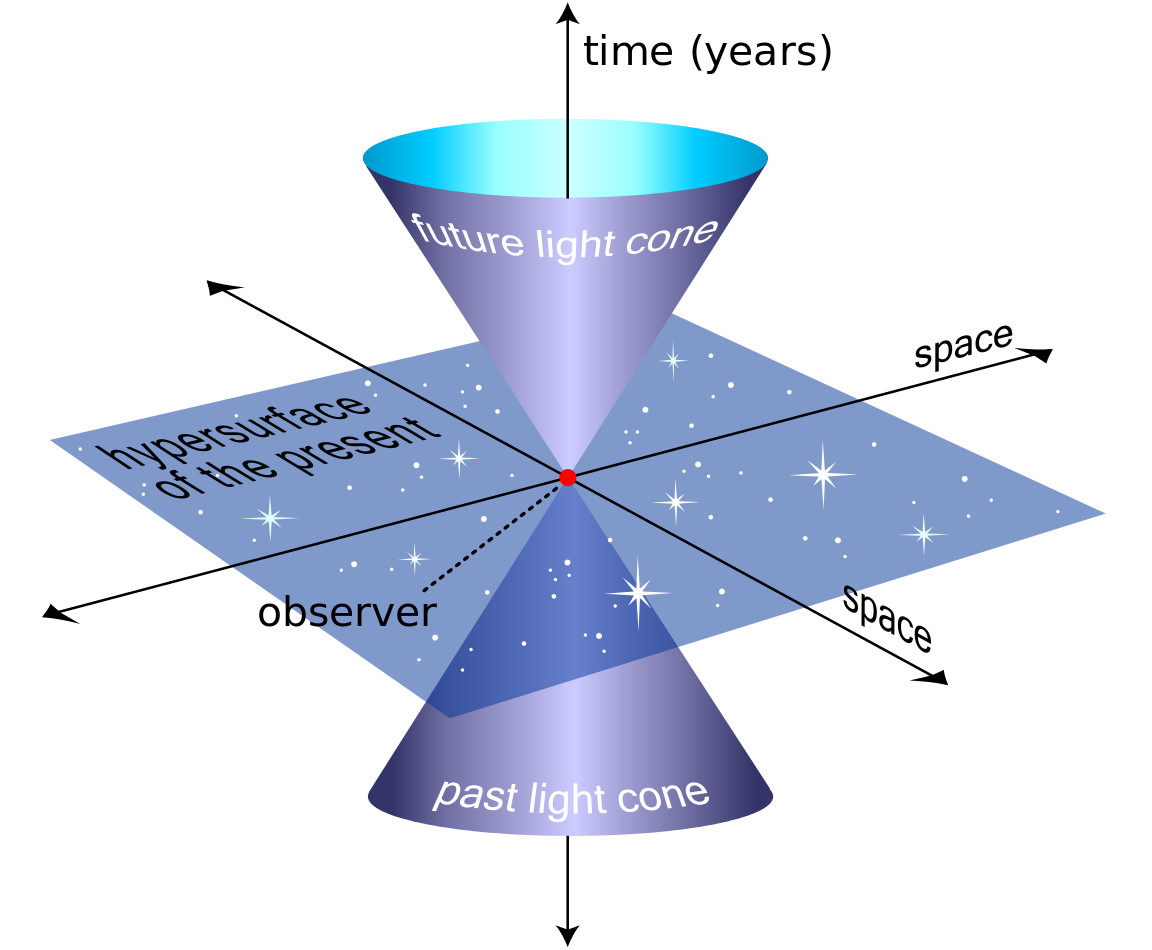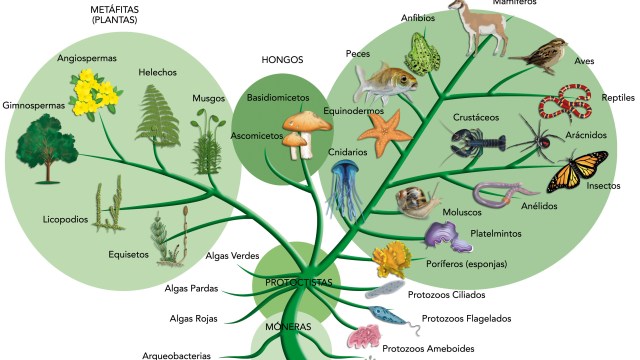What is the ultimate fate of the Universe?

- Time’s essence dominates our existence and yet escapes our comprehension.
- Modern cosmology conjectures different possible fates for the Universe and thus for the end of time. Details depend on which model is right.
- We may be small in space. But as far as we know, we are the only ones to hold the whole cosmic history in our minds.
What is time? That is a question no one knows how to answer. Before we can approach it, we must ask another question: What kind of time do we mean? The time clocks measure? That is not time, but a representation of time by a machine. Clock time is a human construct, something we came up with to make sense of what we feel deep inside about the nature of time: that time is a measure of change, that things do change, and that if we want to have some measure of control over this change, we had better learn to quantify it. It is, however, the feeling of time passing that is so mystifying. We know it is there, we feel it, we see it in the mirror as we watch ourselves age. Yet we cannot get a hold on it.
Time’s essence dominates our existence and yet escapes our comprehension.
Time’s universal narrative
Time is not like space. We are free to move in space, left, right, backward, forward. But time is something of a prison. We cannot control it, and we cannot move around it. It goes forward and that’s it.
Yes, the theory of relativity has changed our perception of the steadiness of time’s flow. But time still flows, even if it does so differently for observers moving with respect to one another. Einstein showed that a moving clock ticks slower than one at rest. But they both tick, and time moves forward for each. One of the cornerstones of relativity is that light is the fastest thing in the Universe. Traveling at the speed of light is impossible for anything that has mass. Only light itself can reach the speed of light. (So might gravitons, hypothetical particles that carry the gravitational attraction and are supposed to be massless.) So, maybe for light, time does not exist. But since light doesn’t have an awareness of existing, it probably does not care about time’s passing.
But we do care. And what modern science has shown us in spectacular ways is that everything that exists has a history. From living things to rocks to the Universe itself, there is always an embedded time narrative that tells the story of that thing. When it comes to the master of all time narratives, the story that contains all stories, we need to go to the Universe itself.
What we do know is that time started with the Big Bang some 13.8 billion years ago. That event marked the beginning of time. We understand time as a measure of change. What changed at the beginning of time is that the Universe as we know it came into being in ways we still do not (or maybe cannot) understand. What changed scientifically speaking, however, was that the extremely high density of matter and energy started to be diluted by the expansion of space itself — an expansion that unfolded through time and is still going on.
The details of this narrative depend on the kinds of stuff the Universe contains. The cosmic recipe determines how the Universe changes in time and what kind of future it will have. There are essentially two possibilities. In one, the Universe will keep on expanding forever. Because stars have finite lives, at some point far in the distant future they will be extinct. Stellar corpses will dot the Universe, from slowly smoldering white dwarfs to black holes of different sizes.
But drama can be added here, depending on what kinds of matter the Universe contains. If the current recipe remains viable, there are three main ingredients: dark matter, dark energy, and the stuff we are made of — the normal matter of protons (quarks actually) and electrons.
A cold death, or destruction by fire
Assuming normal matter and dark matter are stable in the long term, dark energy controls the future of the Universe. If dark energy, this ether-like substance of unknown composition, is a constant — that is, if its density does not change and it maintains a fixed volume irrespective of cosmic expansion — then the Universe’s expansion will keep on accelerating. In extreme scenarios, it may have so much negative pressure that it will rip everything apart, decomposing matter back into its basic ingredients. Instead of “from dust to dust,” the cosmic epitaph would be “from particles to particles.”
But it is also possible that dark energy is not like that, and that its negative pressure will fade with time, no longer fueling the Universe’s rapid expansion. Acceleration will lose pace, and the Universe will retain the faded stars and their corpses, all resting far from each other — the ultimate cosmic loneliness. The sad part is that in a cosmos without room for entropy to grow, matter cannot reorganize into anything interesting. This is the cold cosmic death scenario. If nothing changes, time itself loses its function and reaches an end.
Another possibility is that the expansion will slow down. If there is enough matter out there, it may revert itself and push the Universe from expansion into contraction. Eventually, matter that was dispersed for billions of years will compact back into a small volume, heat up, reach crushing densities and…well, it depends. It may go into a Big Crunch, the inverse of the Big Bang; or it may reach a point of maximum contraction and then bounce outward into a new phase of expansion. This is the bounce universe model, where the Universe trades periods of expansion and contraction, never quite reaching the point of infinite density or initial singularity. Time keeps on ticking, although each cycle needs new clocks. Every end of time marks the beginning of a new time, a new cycle of existence. This is a bit more comforting a view than cold death, even if each cycle involves destruction by fire.
What we learn from our current cosmological models is how fortunate we are to exist precisely when it is possible to exist. Of course, there is no luck involved here. We exist now because this is when it is possible for matter to agglomerate into thinking blobs like us. In other eras there would be no stars capable of sustaining life long enough for it to conjecture about its fate. So if time will end, it is because creatures like us will also end. In a Universe without sentient beings aware of time’s passage, without the awareness of past and future, the very concept of existence is meaningless. That should give us pause when we consider how small we are in the vastness of space. Small yes, but as far as we know, we are the ones who hold the whole cosmic history in our minds.





